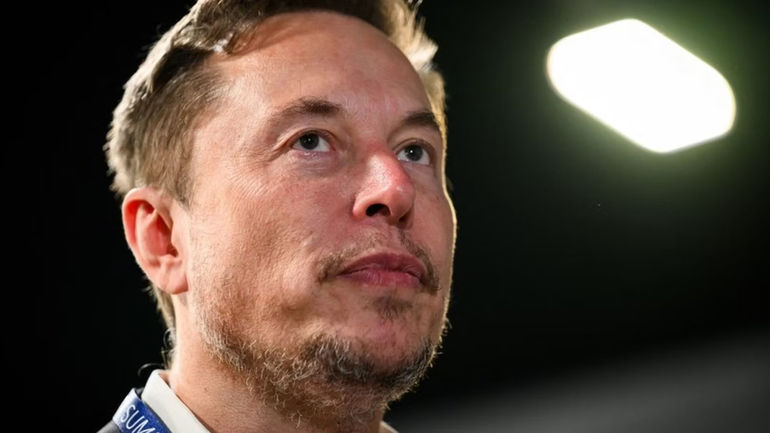
Billionaire entrepreneur Elon Musk has filed a lawsuit against OpenAI, the organization he helped establish in 2015 with investments from Microsoft. Musk claims that OpenAI's focus on profitability has shifted it away from its original goal of advancing artificial intelligence for the benefit of humanity.
OpenAI, founded in San Francisco by Sam Altman, Ilya Sutskever, and other engineers, received additional financial backing from Musk. Although Musk co-founded the company, he stepped down from the board in 2018. OpenAI has made significant progress in AI research, especially with its development of cutting-edge models like the GPT (Generative Pre-trained Transformer) series. These models have set new standards in natural language processing, allowing for tasks such as text generation, translation, and summarization with exceptional accuracy and fluency. In addition to language processing, OpenAI has also contributed to areas such as reinforcement learning, robotics, and computer vision, establishing itself as a frontrunner in AI innovation.
Elon Musk Sues OpenAI
Elon Musk, the owner of X, has taken legal action against OpenAI and its CEO, Sam Altman. Musk claims that OpenAI has strayed from its original nonprofit goals by partnering with Microsoft for $13 billion and keeping the code for its latest generative AI products confidential. He believes that these actions go against the company's founding principles. The lawsuit is aimed at ensuring that OpenAI focuses on developing Artificial General Intelligence (AGI) for the betterment of humanity, rather than prioritizing profits for Microsoft, Altman, and OpenAI President Greg Brockman.
Elon-Musk - “OpenAI, Inc
“OpenAI, Inc. has been transformed into a closed-source de facto subsidiary of the largest technology company in the world: Microsoft.”
In 2023, a leadership crisis at OpenAI resulted in Altman's temporary removal, revealing Musk's concerns about the organization's shift towards profit-driven goals. The lawsuit also claims that Altman, Brockman, and Microsoft influenced the replacement of board members to align more with Microsoft's interests, potentially impacting the unbiased assessment of AGI development.
It's important to keep an eye on the developments of this lawsuit, especially considering OpenAI's history of legal issues. Just last year, the company faced a lawsuit from 17 members of the Authors Guild, including George R. R. Martin, regarding allegations of copyright infringement. In addition, legal disputes from the previous year included Grimes taking legal action against Elon Musk, leading to a custody battle over their children.
Editor's P/S:
Elon Musk's lawsuit against OpenAI highlights the tension between the pursuit of profit and the ethical development of artificial intelligence. While OpenAI has made remarkable advancements in AI research, Musk's concerns about its shift towards profitability raise questions about whether the organization is fulfilling its original mission to benefit humanity. The lawsuit serves as a reminder that the development of AI must be guided by a balance of innovation and responsibility, ensuring that the technology serves the interests of society rather than solely the interests of corporations.
Musk's legal action also underscores the importance of transparency and accountability in AI development. By keeping the code for its latest generative AI products confidential and allegedly aligning its board with Microsoft's interests, OpenAI has arguably compromised its commitment to open research and independent oversight. The lawsuit could potentially force OpenAI to reconsider its priorities and ensure that it remains accountable to its stakeholders, including the public and the AI research community.














